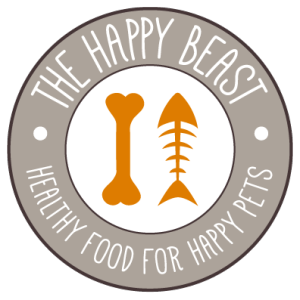Over the last year, and especially ramping up over the last couple of months, we have had a lot of discussions with customers regarding grain-free diets, and concerns about their potential of causing heart disease in dogs – more specifically, canine dilated cardiomyopathy (DCM). We feel it is important to address this topic and review new research with an open mind by looking at all the information and facts available.
Read moreCONTACT US
HOURS
Mon – Fri: 10am – 7pm
Sat: 9am – 6pm
Sun: 10am – 5pm
© The Happy Beast
LOCATION
1230 Etna Dr.
Lafayette, CO 80026
(Get Directions)
Located just off South Boulder Rd. behind Elevations Credit Union and Stan’s Automotive. You can turn onto either Etna or Cimarron and look for the dark blue building.

